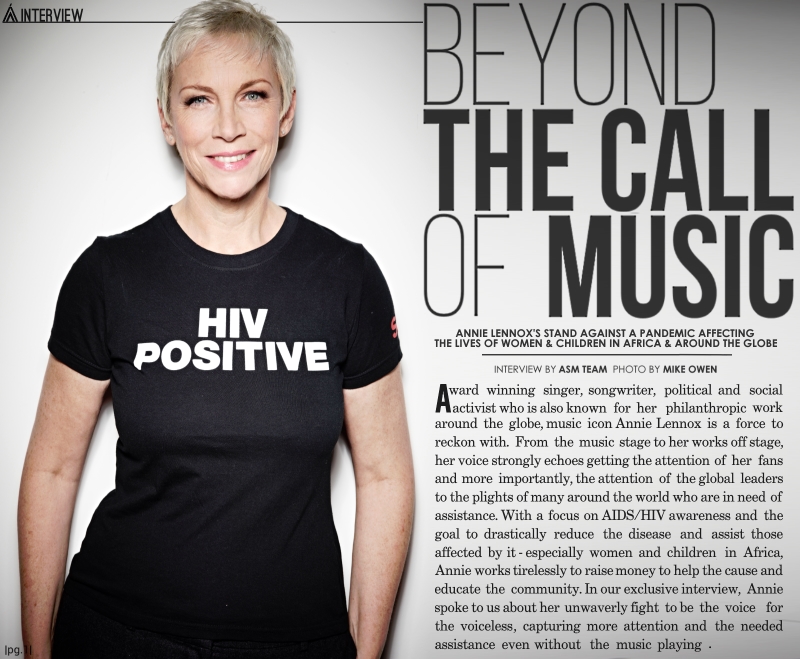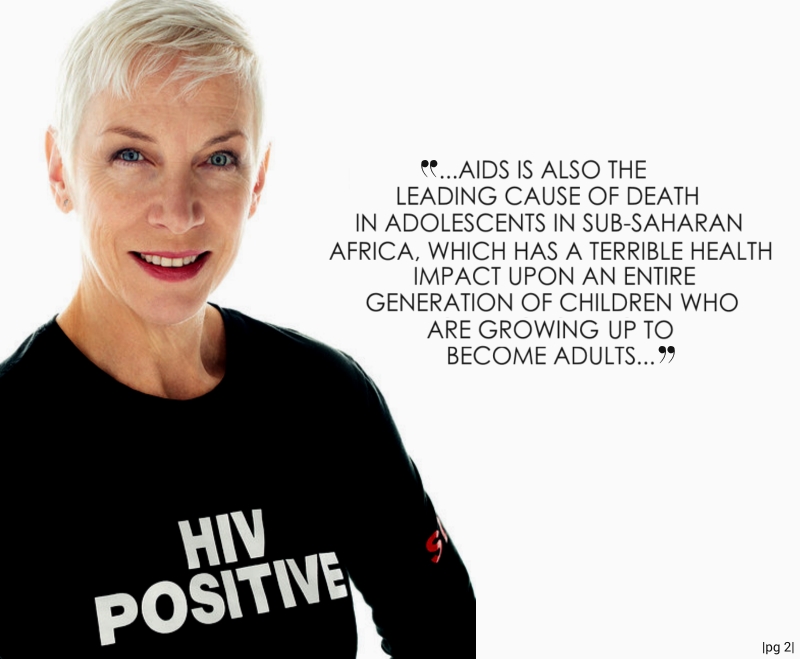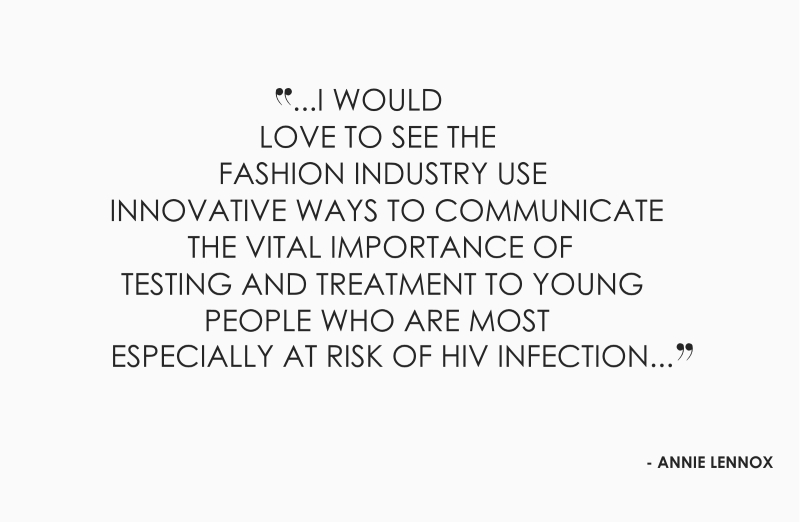



ASM: You are known around the world as an artist who is very brave and who has taken
chances and done progressive things, bridging gaps for women of a cross cultures. You are a unique individual and so we wanted to know is there is a root to your musical tradition or are you part of a larger trend of artists that has evolved through time or do you look at yourself as just as an individual creator?
AL: From my perspective, music is a universal language that connects with everyone at a core level - emotionally, spiritually and intellectually. You only have to see how instinctively young children respond to it to realize how powerful it can be. You don't need to know how to read or write music to enjoy and appreciate it. I fell in love with music from a very early age and have been singing for as long as I can remember. I think it’s just an amazing phenomena that has personally enriched my life and given me an opportunity to express my feelings and ideas in a really special way. I’m deeply grateful to the incredible lineage of music makers around the world who’ve enriched our lives through their unique creativity, whichever time frame or culture they represent.
ASM: From a personal and objective perspective. Who were some of your influences? Who were the artists you listened to growing up?
AL: As a child growing up in the 50s, 60s and heading into the 70s, I realized that every decade has its own distinct identity, sound and style. I was influenced by everything I was exposed to musically, from Scottish country dance music that I heard on the radio, to the amazing music coming from Britain and America at that time, with groups like The Beatles, The Kinks and The Rolling Stones in England. As a young teenager I loved dancing in the local dance halls, where, as well as the top 20, they played R&B and Soul music by artists on American record labels such as Tamla Motown, Stax and Atlantic. I took piano lessons at school from the age of seven and flute lessons at eleven years old. Every Saturday, I went to the local music center, where I sang in choirs and played in orchestras and musical ensembles. Classical music was my passport to the big city of London, where I was a student at the Royal Academy of Music, but I have an eclectic taste and was always interested in all kinds of music. That is the beauty of music for me; it can create these improbable magical connections between people and cultures. That is one of the reasons why I love it so much. It is far better when human beings build bridges rather than walls.
ASM: Absolutely! You mentioned having a fairly defined set of available choices from different eras. Things have changed with the internet and all that is happening around the globe. Do you find yourself still searching and exposing yourself to new music? If so, what is on your mind recently?
AL: It has definitely changed and evolved, as everything inevitably does, but I’m admittedly less inclined to keep up with the latest trends and developments. I just try to follow my personal passions and do things in my own way, which can sometimes be unpredictable. As a younger person, I was completely obsessed with music and music making, but over the years I've become more drawn towards advocacy and campaigning on the issue of HIV/AIDS in terms of how it affects girls and women. I am committed to gender rights and empowerment for girls and women, to the point where it has almost eclipsed music making. That is not to say that I won’t record again. I just like to have the flexibility to change and adapt to whatever I feel compelled to create or follow.
ASM: Do you think initially music for you was primarily a bridge to the world at large or did music come from your exposure?
AL: Music has definitely served as a bridge to the world for me in so many ways. First of all, it took me out of my hometown town in Scotland and subsequently I traveled to many countries around the world. Writers and performers are all about communicating with audiences and listeners who can connect with you at a global level. Music travels through live or recorded performances through the airwaves, on radio, television and internet. As well as that, back in the 80s the innovation of ‘video’ was a brand new phenomena, suddenly coming out from nowhere that had a massive impact on how people related to music. Eurythmics was at the forefront of the wave at the time and it exposed us to people around the world in an entirely different kind of way.
ASM: Can you recall a moment in your life where that desire to connect through music began to shift and transform into a broader desire?
AL: I have always been aware of the global issues of human rights and injustice. You don’t have to look very far - Just read a newspaper or step outside your door and you will encounter some disparity or cruelty wherever you live. I felt very inspired by the Amnesty International 'Conspiracy of Hope’ tour back in 1988, with Tracey Chapman, Sting, Peter Gabriel and Youssou N’Dour. I'd have loved to have taken part in it, if I’d had the opportunity at the time. Music has the potential to be an inspirational catalyst and platform to send messages out to people across the globe. I took part in the concert to celebrate Nelson Mandela’s 75th birthday at Wembley stadium, with a host of outstanding artists, just before the apartheid regime was finally done away with. I also performed for 'Live 8 ’ and took part in several concerts to support Nelson Mandela’s 46664 Foundation in South Africa, Norway and the UK.
ASM: Is there something in bringing together people and bridging gaps that can lead to the right path?
AL: Absolutely. When you bring people together, everyone has a chance to realize how much we all share in common, as opposed to being alienated by our differences. As I look at my own life circumstance, I realize how fortunate I have been and am grateful for it. I see people living on the streets, suffering appalling conditions and I’m very aware that I could just as easily be in that circumstance. The best workable 'right path' is through empathy and compassion for each other.

ASM: So how specifically did you move from these issues to AIDS and HIV prevention?
AL: After taking part in the concert to launch Nelson Mandela’s 46664 HIV/AIDS Foundation in 2003, I was taken to a township hospital in the Western Cape of South Africa, where I had the opportunity to visit patients - men women and children who were desperately ill and suffering from full blown AIDS. There was no access to life saving treatment and people were dying on an unprecedented scale. I witnessed Nelson Mandela personally describe the situation as a genocide taking place in his country. This left a huge impact on me. As a woman and mother myself, realizing that women and children were being so badly affected I felt compelled to make a contribution towards transformative change.
ASM: You mentioned, a lot having been done but also a lot of silence. So what is your understanding is the stage of the AIDS/HIV pandemic in Africa at this point?
AL: When I was first introduced to the pandemic in 2003, AIDS was the leading cause of death of women and girls of reproductive age globally – and tragically, this is STILL the case today. AIDS is also the leading cause of death in adolescents in Sub-Saharan Africa, which has a terrible health impact upon an entire generation of children who are growing up to become adults. The good news is that over the last five years, access to the number of people receiving lifesaving treatment has increased from 7 million to 17.5 million, which is a remarkable achievement. This success came about from a tremendous collective effort by a range of contributors, from AIDS activists and campaigners to organizations such as The Global Fund, UNAIDS, PEPFAR, DFID and civil society investors. If these efforts and investments are pulled back however, we will begin to see all the gains turning back in reverse, which would be a human catastrophe. UNAIDS currently has an ambitious campaign called 90- 90- 90 the ‘Fast track to ending AIDS by 2020.’ This vision means that by 2020, 90% of all people living with HIV will know their HIV status. 90% of all people with diagnosed HIV infection will receive sustained antiretroviral therapy and 90% of all people receiving antiretroviral therapy will have viral suppression. With continued investment we hope to see this become a reality.
ASM: Can you tell us those you have met along the way and have been inspired by as you travel around to bring attention to this issue?
AL: I have been truly humbled and inspired by individuals who are at the core face of this challenge. The exceptional doctors, nurses and clinicians working in under resourced and under funded clinics, hospitals and health care facilities. There are so many carers, councilors and health care specialists, as well as incredible people working with NGO’s, who all play their part in responding to this terrible epidemic. They are diligently dedicated to the task in hand… champions in their field, who too often go unacknowledged. I have encountered so many people in so many different situations. Single mothers living with HIV, infected by their partners who have subsequently passed away, struggling to bring up their children in the most fragile circumstances. I have encountered grandmothers, taking care of orphaned grandchildren, at a time of life when they themselves are the ones who need to be taken care of…. Child headed households, the most vulnerable children of all, who have been left to fend for themselves after there’s no one left to protect and take care of them. I have seen whole families decimated by AIDS and have realized that entire generations have been wiped out in this way. Each one of these encounters has left a lasting impression and changed the paradigm of how I see the world.
ASM: With all this work that you have done throughout your entire career, what would you imagine to be your legacy? Or what would you wish your legacy to be?
AL: To be really frank, I am not focusing on creating a legacy. I just want to be able to continue to be engaged with the issues that compel me. More than anything I would love to see a positive shift in terms of the harmful and oppressive attitudes and practices that affect the lives of millions of girls and women, whether it be issues of violent abuse and rape, FGM, child marriage, sex slavery and trafficking, access to legal rights, education, reproductive health care or job and life opportunities.
ASM: Being a fashion magazine, we would like to know what is Annie Lennox’s style. Do you put a perspective on how you present yourself to the world?
AL: I do not follow fashion trends particularly. I wear simple basic clothes that I feel comfortable in. Comfort and cut is my bottom line! Whenever I work as an advocate I always wear my HIV positive T shirt, which makes things very easy. It is clearly not a fashion statement, but it sends a message to the world that HIV still exists and shouldn’t be forgotten about – stigmatized, or hidden away. I would love to see the fashion industry use innovative ways to communicate the vital importance of ‘testing’ and ‘treatment’ to young people, who are most especially at risk of HIV infection. These are lifesaving messages which AfroStyle Magazine and fashion in general are perfectly positioned to convey, so I thank you very much for giving me this opportunity to share these perspectives!